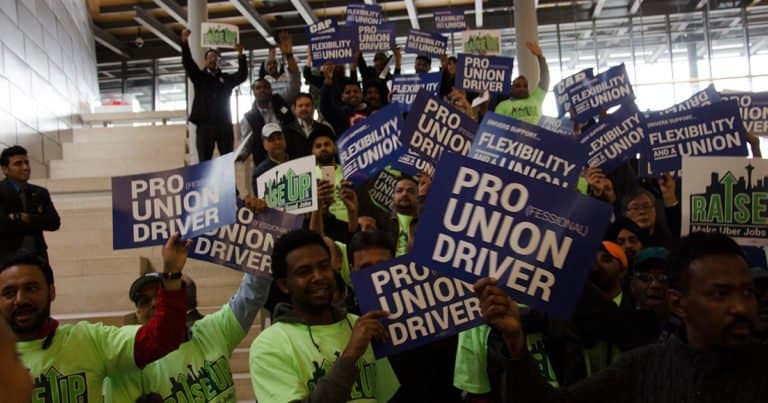
Fred Messner is a student at Harvard Law School.
On an otherwise slow day for labor news, the Wall Street Journal reported this morning that white-collar professionals may finally be catching a break. According to wage data tracked by the Atlanta Fed, “[p]ay for finance, information and professional employees rose 4.4% in January from a year earlier, outpacing 4% wage growth for” workers overall. Whereas last year’s wage gains generally concentrated in lower-wage sectors, the effects of a tighter labor market have begun to reach even the higher-wage segments of the workforce. With workers scarce and demand hot, some employers—those in finance and law, in particular—have granted dramatic raises and paid eye-popping bonuses in the early months of 2022. Job-switchers, in particular, have most effectively translated their greater bargaining power into material gains, but even workers remaining in the same job have benefited. As the Atlanta Fed explained, “[a]nnual wages for people staying in their jobs grew by 3.7% last month, up from 3.1% in January 2021.” While the deeper implications of professional-managerial class prosperity are complex, the recent data is the latest sign that leverage in the economy is shifting, however fleetingly, from firms to individual workers.
Kevin reported yesterday on the “Starbucks unionization wildfire” that continues to rage across the country. As he explained, the company has begun to fight back with a host of well-worn anti-union tactics. Yesterday, the coffee giant escalated further by firing Cassie Fleischer, one of the most prominent organizers at the Buffalo Starbucks that set the unionization drive in motion and a member of the larger Starbucks Union’s bargaining committee. According to Fleischer, the company fired her after she reduced her availability to make time for a second job, telling her that she “no longer met the needs of the business.” The NLRB has previously found Starbucks to have violated the NLRA by discharging union supporters on various pretexts, and experienced observers have suggested that Fleischer’s discharge may be similarly pretextual.






Daily News & Commentary
Start your day with our roundup of the latest labor developments. See all
October 15
An interview with former NLRB chairman; Supreme Court denies cert in Southern California hotel case
October 14
Census Bureau layoffs, Amazon holiday hiring, and the final settlement in a meat producer wage-fixing lawsuit.
October 13
Texas hotel workers ratify a contract; Pope Leo visits labor leaders; Kaiser lays off over two hundred workers.
October 12
The Trump Administration fires thousands of federal workers; AFGE files a supplemental motion to pause the Administration’s mass firings; Democratic legislators harden their resolve during the government shutdown.
October 10
California bans algorithmic price-fixing; New York City Council passes pay transparency bills; and FEMA questions staff who signed a whistleblowing letter.
October 9
Equity and the Broadway League resume talks amid a looming strike; federal judge lets alcoholism ADA suit proceed; Philadelphia agrees to pay $40,000 to resolve a First Amendment retaliation case.